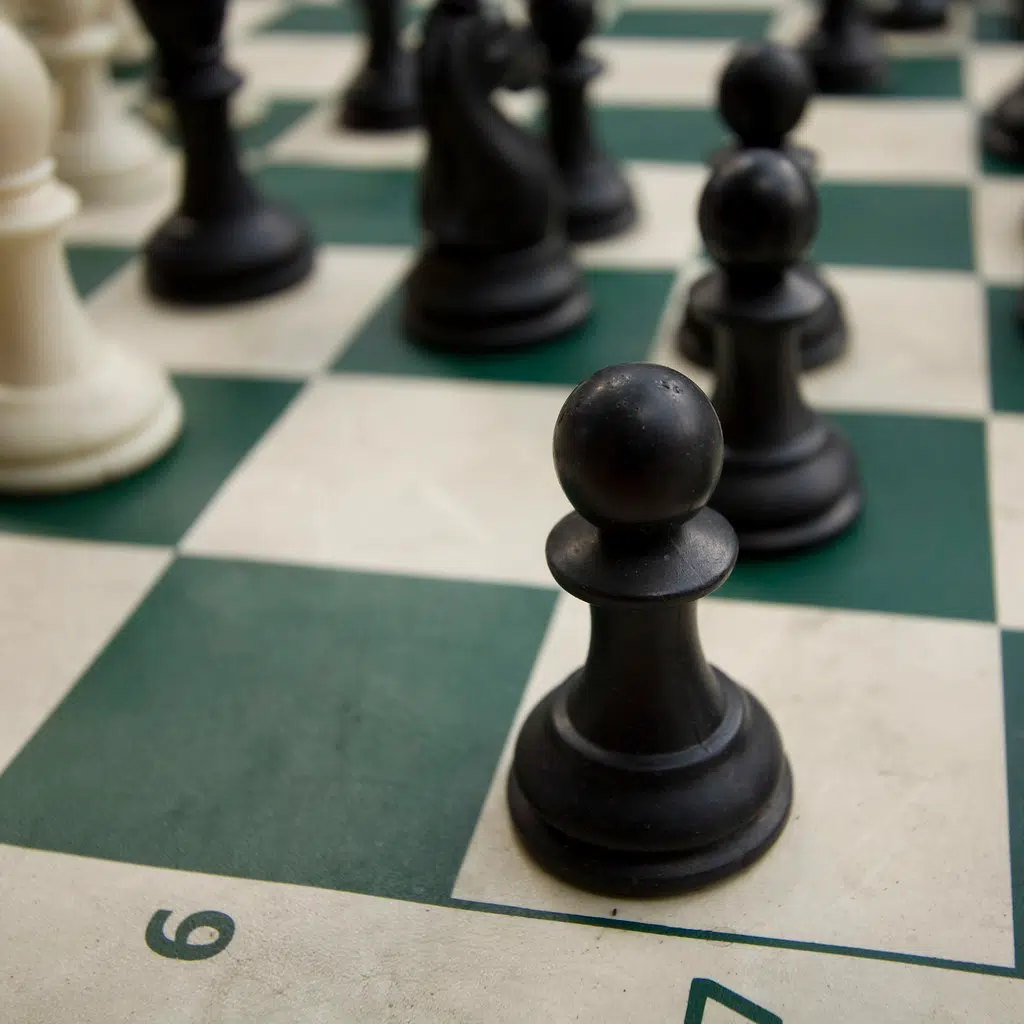Chess is more than a game. It’s strategy, focus, memory, perspective and creativity wrapped into 32 white squares, 32 black squares and 16 pieces.
It’s also a game that takes time, and to become a grandmaster, it takes all your time. The average adult chess player has a ranking of approximately 1200. Masters typically range from 2000-3000. As your ranking increases, players begin to use their brain differently than others.
Evan Moorehead, a 1750-rated chess player, says chess has helped him in many ways growing up.
“If I’m studying for something, I find playing a game of chess gets your mind ready,” says Moorehead. “It really helps you concentrate just by decision-making and stuff and just learning how to approach different situations analytically.”
Many studies on the brain have proven that chess can improve IQ, memory, problem-solving skills and concentration while also helping to prevent Alzheimer’s in the elderly, reducing ADHD in youth and relaxing those with anxiety. Moorehead lives with anxiety and panic attacks every day and he believes that chess is a good way to relieve stress.
“I find playing a game of chess really helps. It’s just something to get your mind off it because you have to be so focussed on the game that your mind just forgets about everything else.”
Moorehead also believes chess is a social game and with the popularity of the Netflix miniseries The Queen’s Gambit, the amount of people you can meet playing chess has only grown recently.
“I’m not as involved with chess communities, but I know there’s one on campus [at the University of Guelph] that’s just really big and I think it’s good to meet a lot of different people,” says Moorehead. “If you see the numbers [of people playing chess since The Queen’s Gambit] on some of the websites after that and it was kind of right in line with some of the big Twitch streamers moving over to chess and the growth of some chess streamers on Twitch, it was just a booming popularity over COVID.”
Chess is undoubtedly a time-consuming game, but if you give it time, you can get a lot out of it. There are social, intellectual and mental health benefits that are only just a few moves away.







Comments